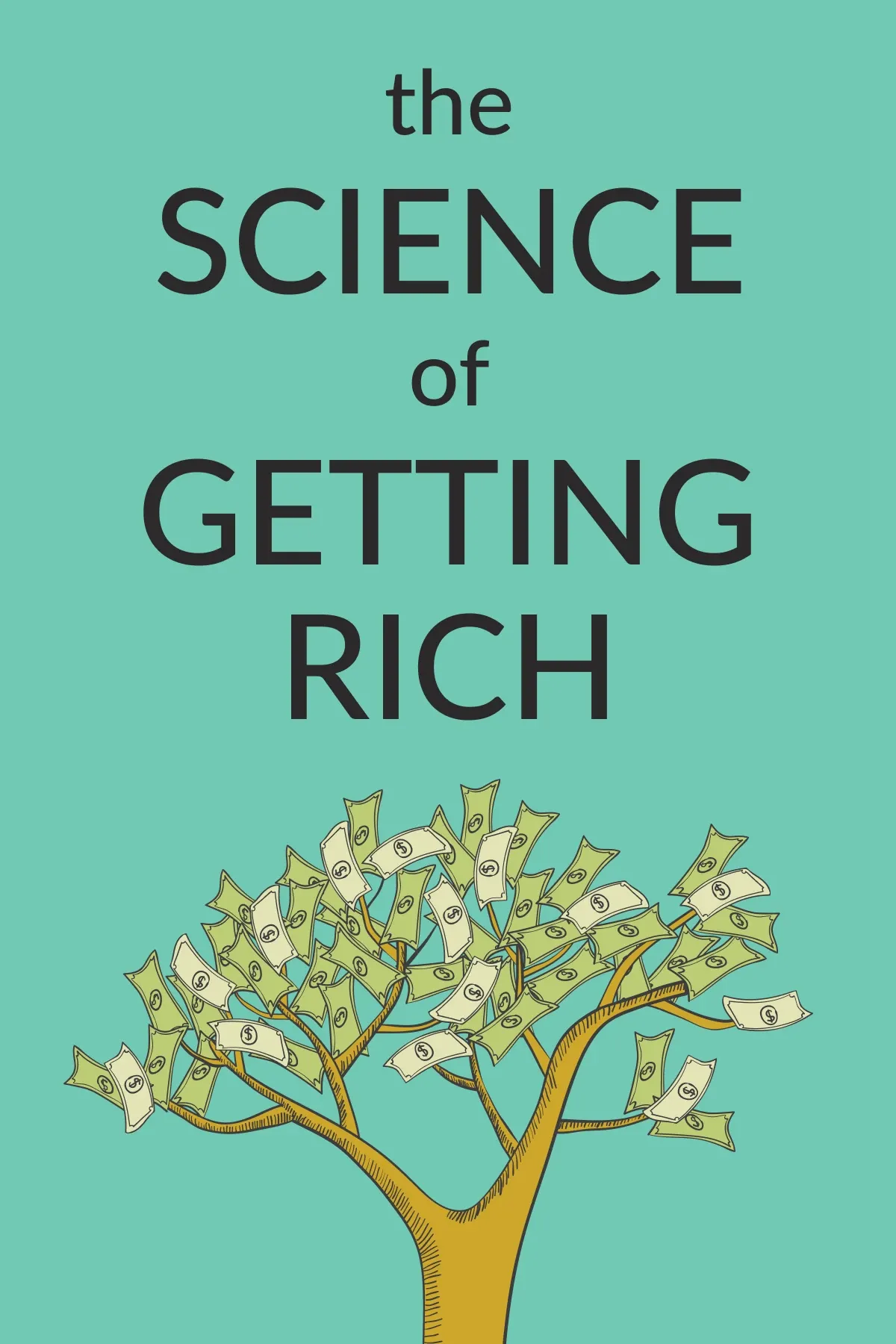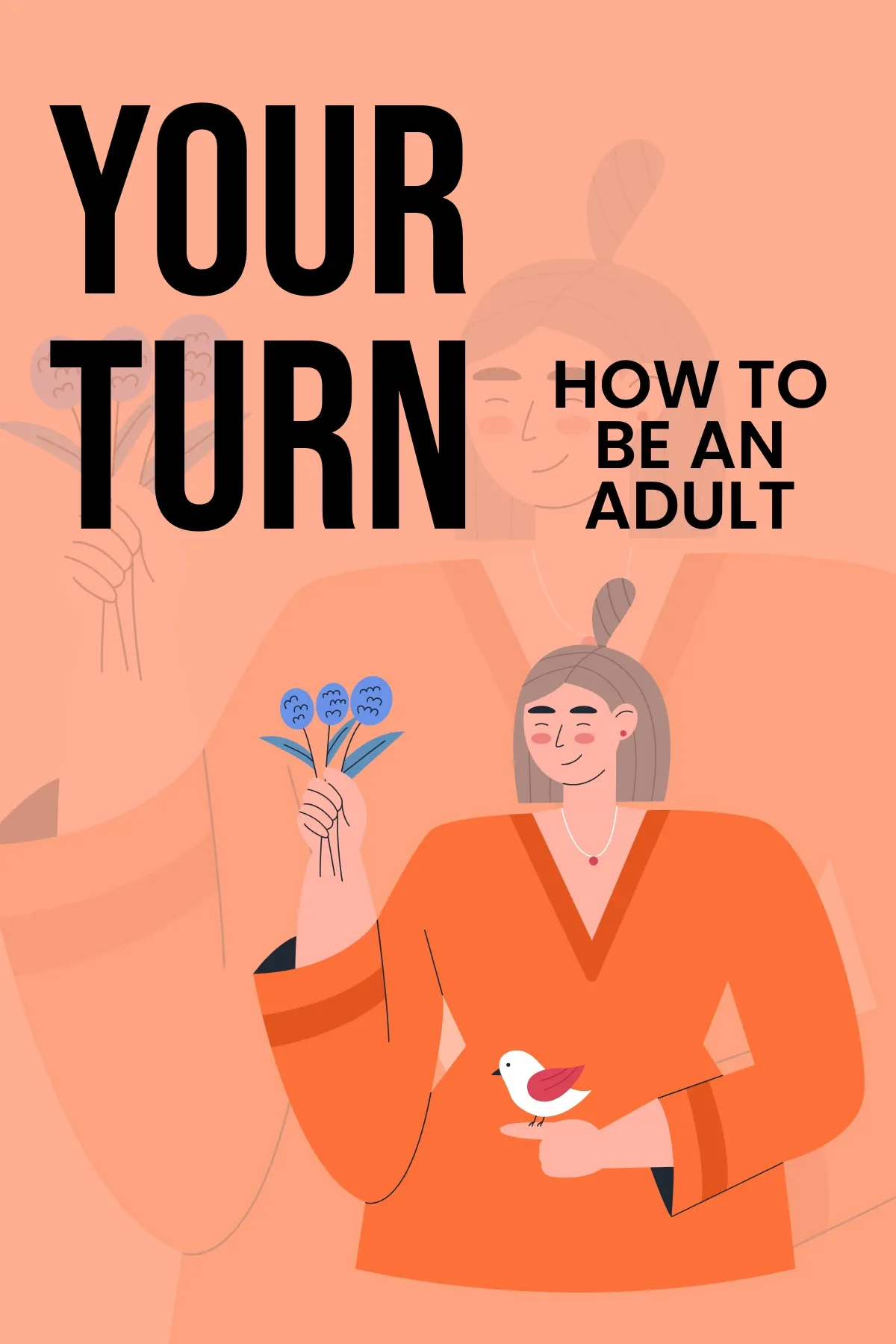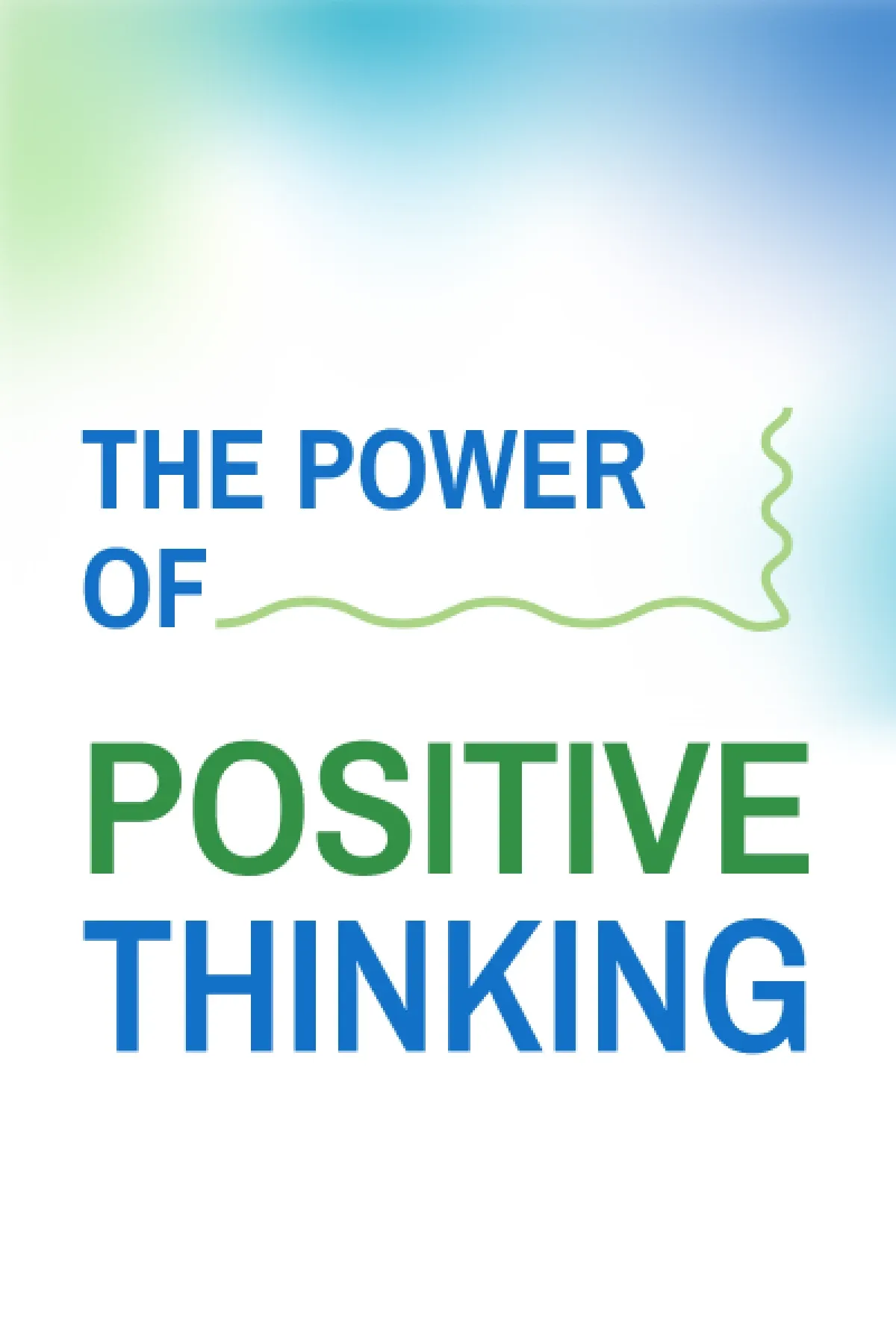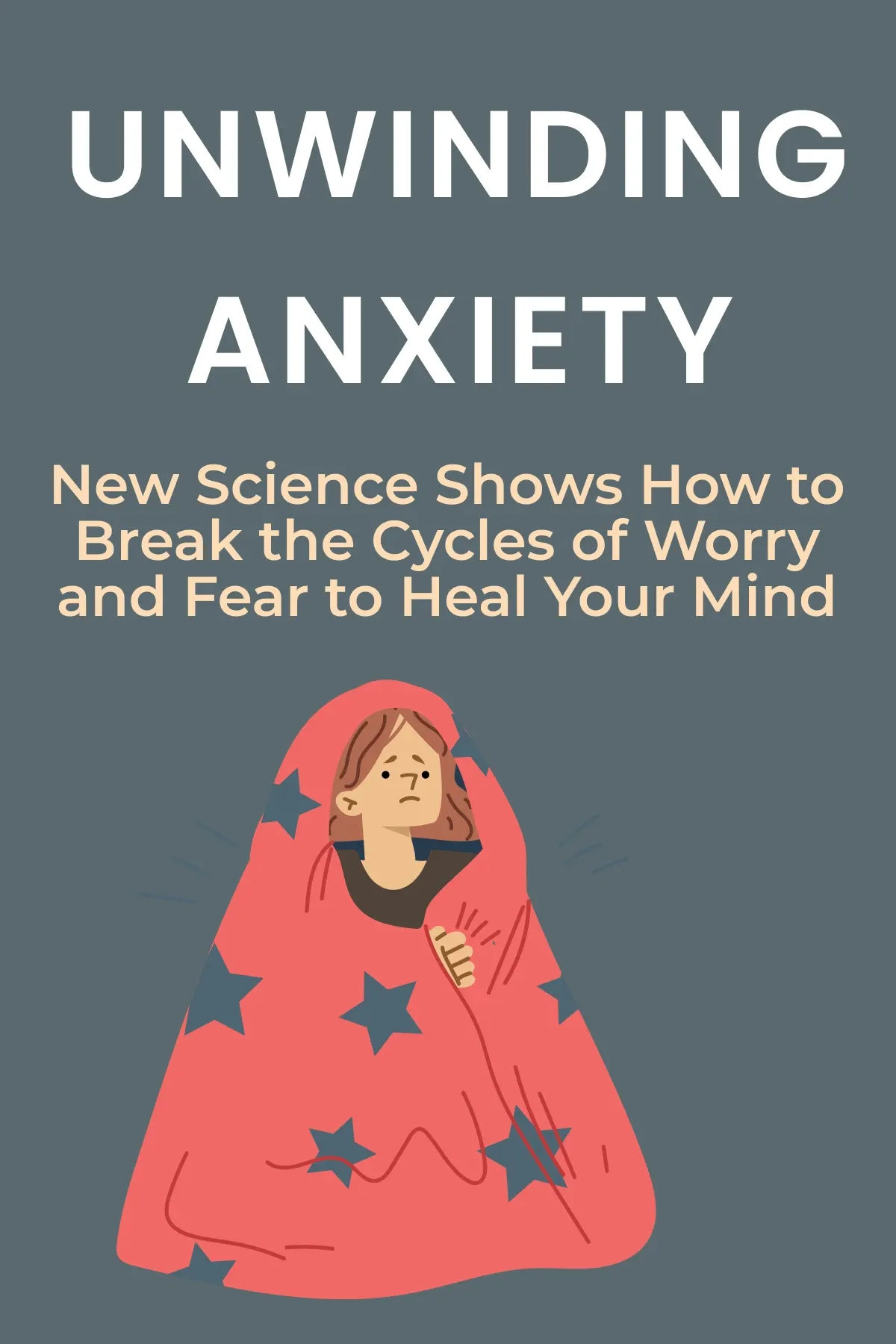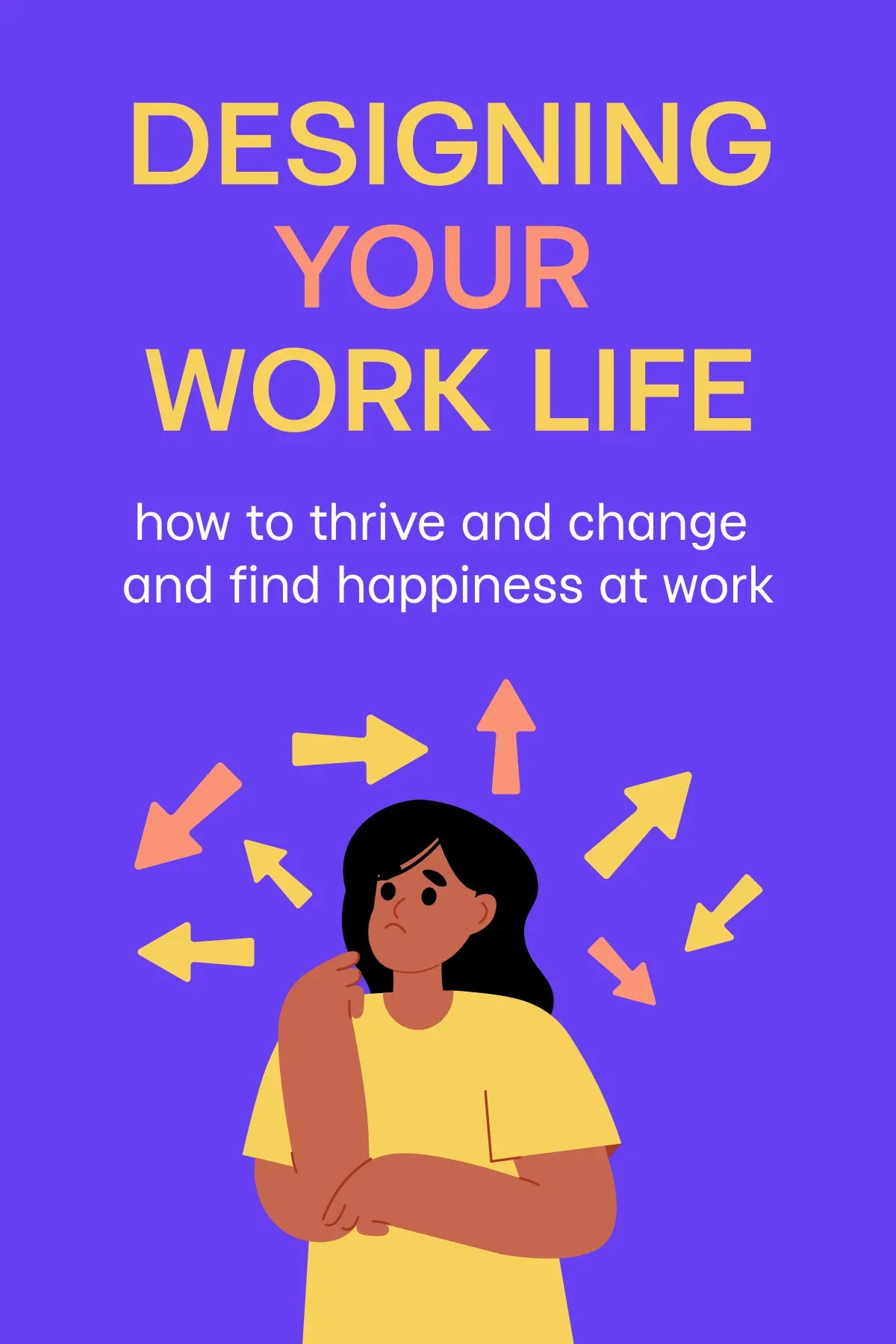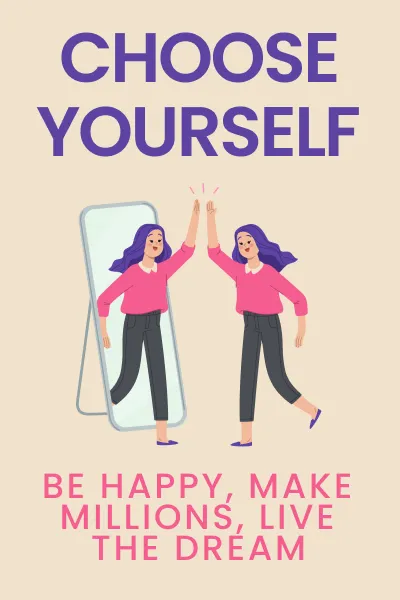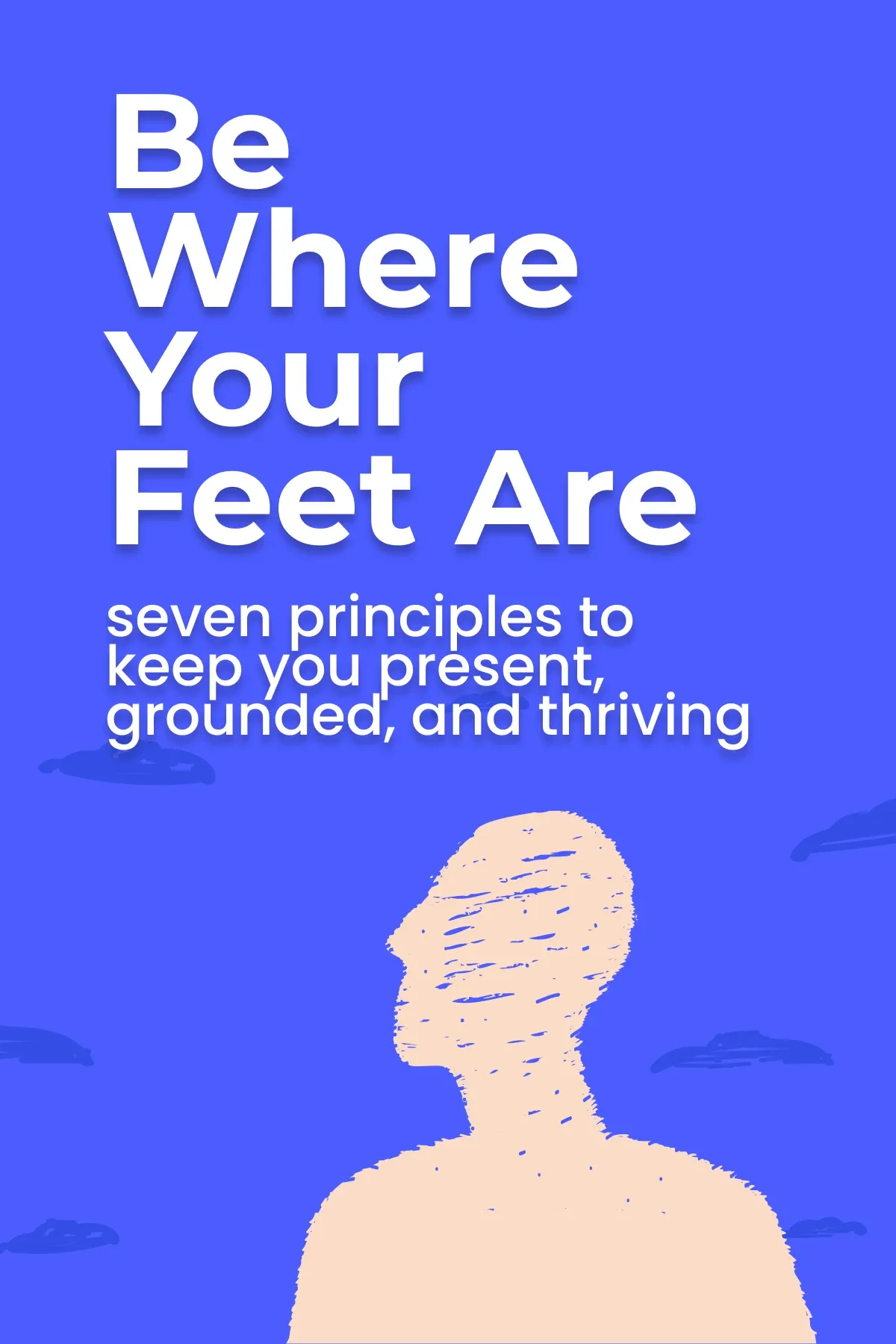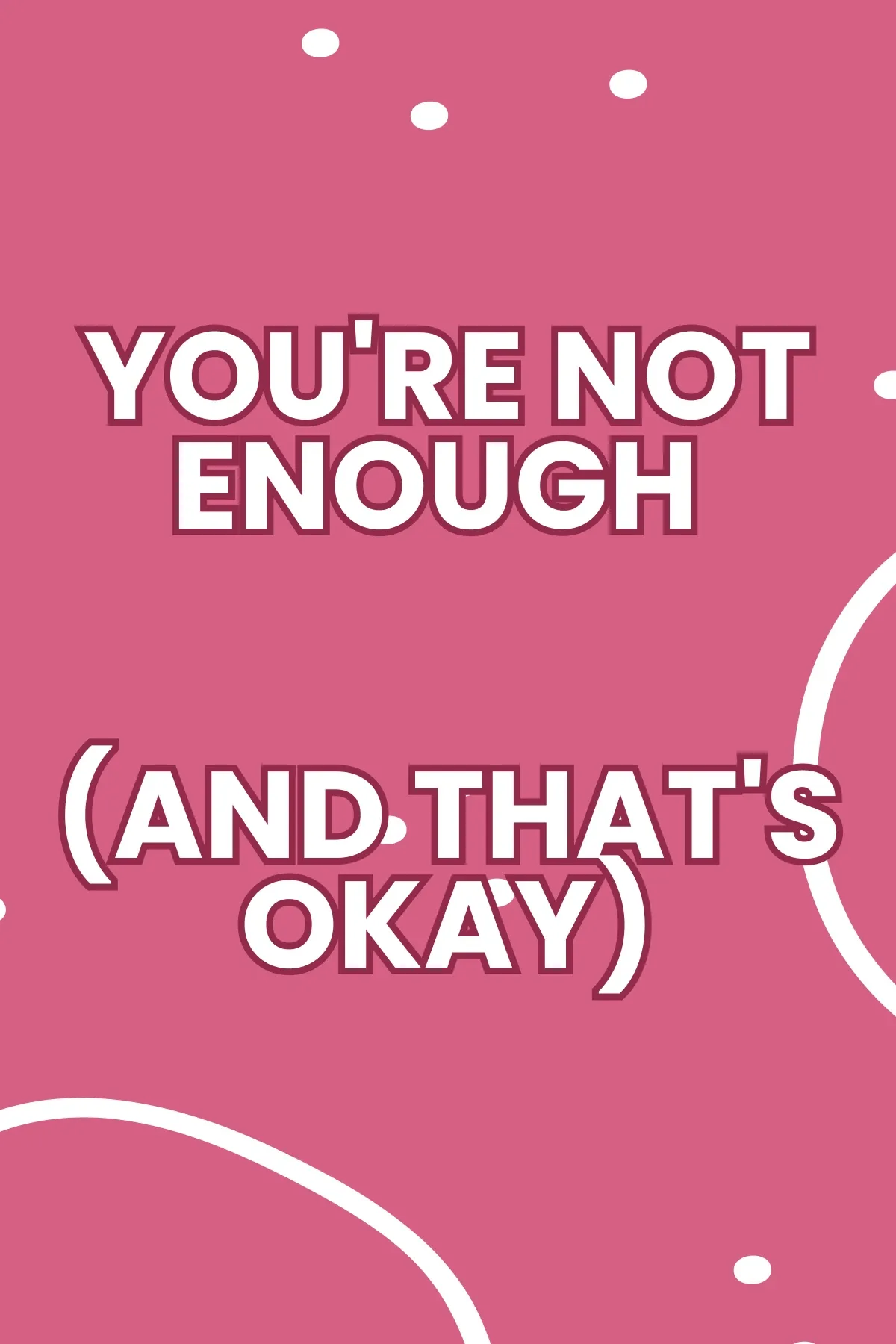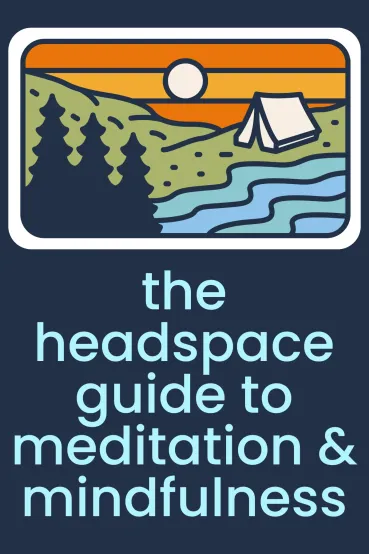
The Headspace Guide to Meditation and Mindfulness
Brief Summary
As the co-founder of the widely acclaimed Headspace app, Andy Puddicombe brings a down-to-earth approach to the practice of meditation and mindfulness. He tries to break down the intimidating world of meditation into a manageable format. The author shares his own experiences and provides practical tips on creating a conducive environment and navigating the initial challenges of meditation.
Topics
Key points
Key idea 1 of 7
Many people use meditation to improve their performance in various areas like work, hobbies, or sports, and even professional athletes include it in their routines. Surprisingly, the US Marines have adopted meditation, too, to improve focus and efficiency in combat. Furthermore, meditation becomes crucial for some people during hardships and challenging periods of life.
Since childhood, Andy Puddicombe faced the challenge of navigating his parents' divorce. A little boy struggled to quiet his racing thoughts and manage his intense emotions. They were taking control over him. But meditation turned out to be a remedy. Andy's sister showed him the magic of it, and meditation assisted him throughout his whole life. Although he initially struggled to find the mental calm he desired, the appeal of meditation continued to draw him in.
Puddicombe abandoned his college pursuits and decided to transform his lifestyle. He began his life as a Buddhist monk. Of course, this path was not the easiest, marked by various detours and hurdles. But it eventually led him to discover the inner peace he had been looking for.
In 2010, he took the initiative to establish Headspace, an organization aimed at helping others find the same clarity and inner peace that had been fundamental for him. The goal went beyond urging people to participate actively in meditation. Turning away from eccentricity, Puddicombe aimed to offer simple tools for people to access their mental "headspace."
The core idea was simple: to make meditation a practical, relevant tool for contemporary living. Puddicombe imagined a future where spending ten minutes each day for mental well-being would be as common as going for a daily walk. Puddicombe stressed that meditation is a valuable skill that can bring positive changes, and people decide how to use it. Meditation can be used in different parts of life, and its value depends on how much importance individuals give it. Contrary to common beliefs, Puddicombe clarified that meditation is not about becoming a different or better person.
Instead, it involves becoming more aware, understanding one's thoughts and feelings, and gaining a healthy perspective. The practice helps individuals accept their current state and emotions, making it easier to achieve desired life changes.
FAQ
You may also like these summaries


